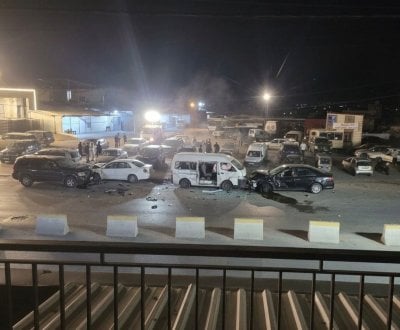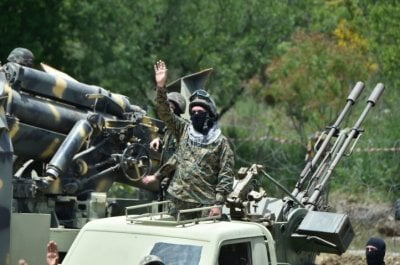“Lebanon Debate”
There are many diplomatic interpretations in Lebanon as well as in the regional and international arena: What will be the next-day equation in Iran? This question arises from the escalation of the Gaza war and the high level of Israeli crime. Diplomatic sources perceive this development as a reflection of the current regional landscape, serving as an indicator of the transitional phase of authority in Iran and its repercussions on the battlefield.
Diplomatic sources talked with Lebanon Debate about the internal challenges Iran is facing and its efforts to safeguard its international gains. The country aims to achieve this by stabilizing its internal situation as it was during President Ebrahim Raisi’s term. For this reason, no significant shifts are expected in foreign policy in countries like Gaza, Syria, Lebanon, Yemen, and Iraq. This will persist, at least in the transitional period, until a new head of power is appointed. Therefore, Iran will maintain its regional practices, including its approach to the Gaza war and the international community in terms of negotiations with Washington, the latest of which occurred just two days prior to Raisi’s death.
However, the real challenge, in the eyes of the sources, lies within Iran itself in light of the rules of engagement within the regime and differences under the abaya of the Supreme Leader, where conflicting and contradictory wings hide underneath.
Hence, the real Iranian test is domestic politics. The goal is to safeguard the gains made in the previous period in order to complete the external plan. Sources make a stop at this point to reveal that Iran will strive internally to maintain its gains externally, especially at the Arab level. It's noteworthy that Iran currently stands at the pinnacle of its Arab relations after a rapprochement with Saudi Arabia mediated by China. This has led to a reshaping of its relations and orientation towards the Arab world, including endeavors to enhance ties with Egypt, and consolidate its control in areas of influence through arms. Iran has emerged as a significant player in regional affairs and wields influence on the international level, securing a seat at the US negotiation table. Therefore, Iran is keen on preserving these gains by ensuring stability on the domestic front.
This domestic front is crowded with major differences between moderates, hardliners, and reformists, leading to regional differences. Nevertheless, the diplomatic sources observe that this does not pose a direct threat to the regime, as all parties converge on a single ideology. There is a lingering concern, however, that these differences may be exploited, potentially leading to demonstrations or protests in the streets.
تــابــــع كــل الأخــبـــــار.
إشترك بقناتنا على واتساب
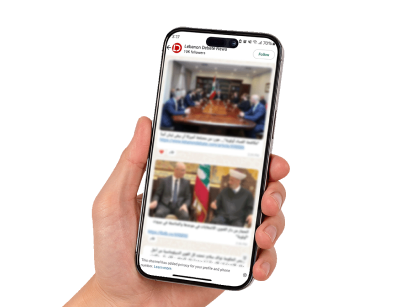
Follow: Lebanon Debate News


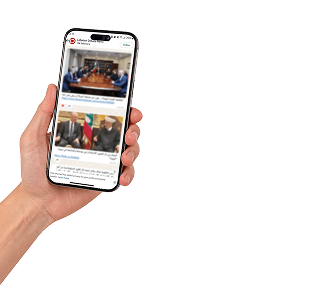

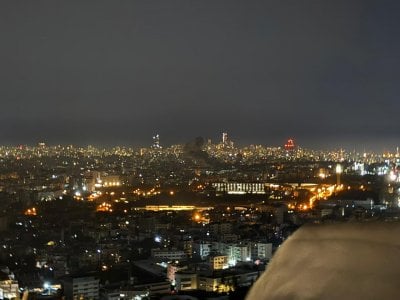
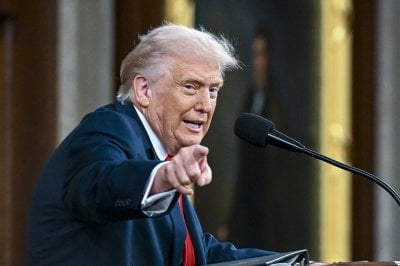
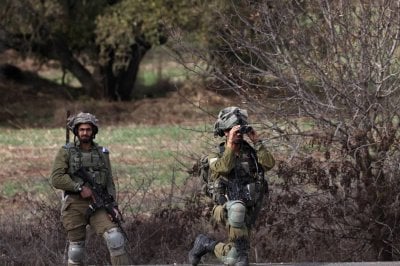
 الـــمــــزيــــــــــد
الـــمــــزيــــــــــد
